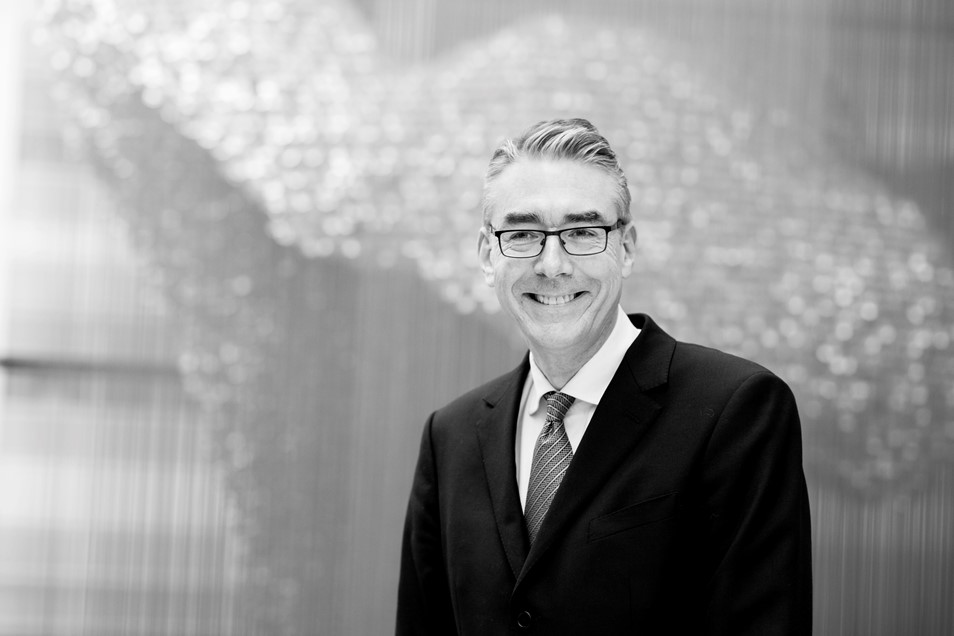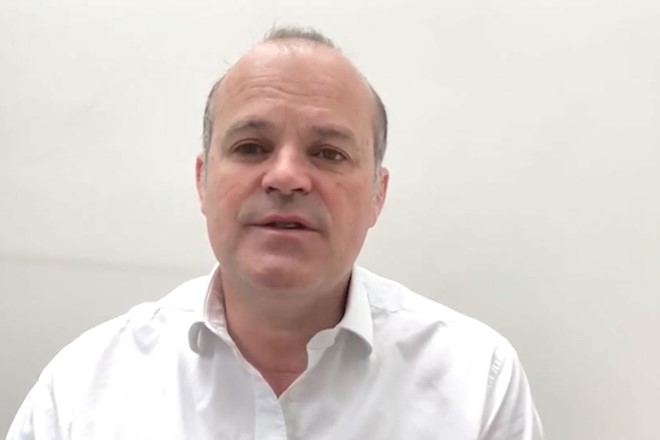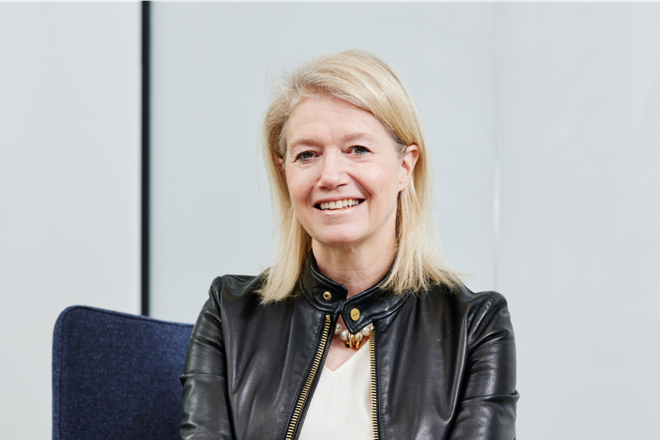
A chemist by training, after completing his MA and DPhil in Chemistry at the University of Oxford, Ed spent his early career in drug discovery. He moved over to business roles within a number of US based biotech companies, working in a variety of different positions, before moving back to the UK in 2007 to become CEO of Biotica Technology Ltd. He joined Syncona in early 2013, and was closely involved in the foundation of Autolus, acting as its first CEO between 2014 – 2016. He is currently the Chair and CEO of Syncona portfolio company, Resolution, and Chair of OMass, another Syncona portfolio company.
What is the first hire you make when you set up a company?
I like to bring scientists in from the lab of the founder immediately, with this often made possible by the depth of diligence we undertake and the close relationships we build before we close the Series A investment. They know the founder well, can help embed his/her vision and ensure the scientific know-how is transferred effectively into the company. The next transformative hire is the first senior leader brought in from outside the company, often a Chief Scientific Officer or Head of Manufacturing – they are the person who has made the leap of faith to join an early biotech start-up, because they are excited about the science and share our ambition in what we are trying to achieve. That person sets the standard for the kind of leadership we need in the business and therefore helps to attract additional leaders of the right quality.
What is your approach to building the culture of a business?
If you hire the very best people, that sets a key element of culture, which is excellence in the work that you do. Hiring great people allows us to hire more great people. I also think it is important to ensure that there is a foundation of respect in the company, where all views are heard, with mistakes accepted as a natural consequence of taking risks and being bold. Finally, diversity, and the embracing of diversity, is something that I think makes companies much stronger, not least because we are able to select the top talent from the broadest range of candidates.
Do you still think UK academic institutions are producing the scientists we need in biotech?
The environment is as strong as ever. Four of the world’s best universities for medical research are in the UK. We meet lots of young energetic and ambitious academics. There has also increasingly been a realisation that investing in translational research is important, by which I mean taking scientific discoveries from the research lab and then taking them to patients to treat disease. That is great for Syncona, as our sweet spot is founding companies around innovative science that can credibly be taken into clinical development and then to market approval by a biotech company. It’s no coincidence that many of our founders have joint appointments in basic research and clinical medicine.
What impact has the Cell and Gene Therapy Catapult had?
It has made a big impact, and many of our companies have partnered with the Catapult. For Autolus, we needed a very high-spec facility to produce engineered T-cells for clinical trials and it was provided by the Catapult’s Manufacturing Centre in Stevenage. There are now several other places building manufacturing facilities which are available for use by companies. For example, at Resolution we are working with the Scottish National Blood Transfusion Service and expect to produce engineered macrophage cell therapy for our initial clinical trials in their clean rooms. Increasingly, I think we will see even more capability along the lines of the Catapult ‘hotel’ model, where a company’s own employees produce clinical trial material in a facility run by a service provider.
How would you compare your experience in the US to your experience setting up early-stage biotech companies here?
There is clearly more capital in the US, and a strong history of company building which has created a large talent pool of management. There are also many academics who have been through the process of building companies several times over and it is part of the academic culture that translating research to clinical medicine requires a commercial approach. Whilst things are improving quickly in the UK, it is more difficult to find capital as a budding entrepreneur. Syncona was founded by the Wellcome Trust to address this; we have capital, and the skills within our team to work with top academics to fulfil their ambitions to bring benefit to patients. We fund our companies so that they can compete with the best US biotech companies, attracting world class management teams, with individuals often relocating to the UK from the US or continental Europe, and additional investment as you would in the US.
How do you distinguish between your roles as CEO and Chair?
There’s a very important relationship between Chair and CEO. For example at OMass, where I am the Chair, my relationship with CEO Ros Deegan is a two-way street. I am there to support her in leading the business whilst she also actively engages me in getting my perspectives. My role as Chair is to represent the interests of Syncona, but also to help the CEO, provide a sounding board and guidance, in what can often be a very lonely job.
At Resolution, I am the Chair and CEO. I expect to be the long-term Chair, but I am not the long-term CEO. Much like I did at Autolus, I will set up the company, drive the initial clinical and commercial vision and hire the key members of the team, including the long-term CEO, and then return full time to Syncona to build another business.
Syncona has a history of members of its team working within portfolio companies in operational roles. How important is this?
Massively important. We spend months developing the plan for the company prior to completing the initial investment - having a Syncona person inside the company from day one is invaluable and ensures the business hits the ground running. As Chief of Staff at Resolution, my colleague Gonzalo Garcia helps to keep the company on the trajectory that we envisaged for it. It is all about keeping it on the path to taking a product to market and focusing on the right activities to make sure that happens in the most efficient way. We’ve taken this approach in all our companies, and I personally have been involved at an operational level in Autolus, OMass and Resolution; it is a fundamental part of the Syncona model.
As someone who has been at Syncona almost from the start, how has it changed?
The consistent thread throughout my time at Syncona is that we have always wanted to build companies that have the potential of bringing products to market. In the case of Blue Earth we realised that dream and have taken a product to market.
We now have 11 portfolio companies, with 12 clinical trials and a broad pre-clinical pipeline so understandably the nature of the challenges we face has changed, particularly around financing and managing a broader set of clinical data across the portfolio. What I can certainly say however is that whilst we have got bigger, we have retained the entrepreneurial culture we have had from the start.


